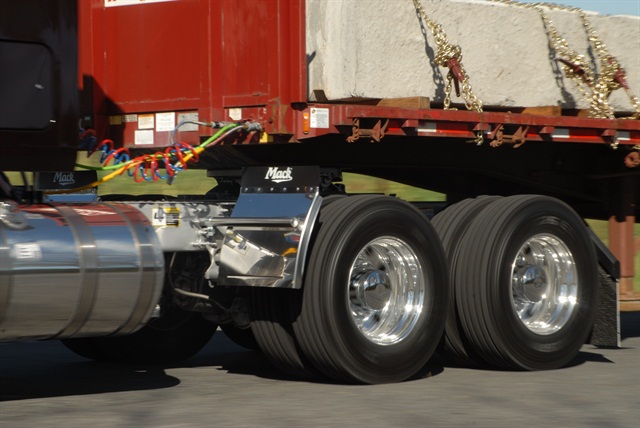
Even if you take the time to drive as carefully as possible and you work on taking on the best routes, there will be a time that comes where you will have to replace the truck and trailer tires that you currently have. If you happen to be an owner operator, then you know full well that this can be a very costly situation. You need to be able to take the time so that you can select the right brand and size so that it will match up with your regular driving needs.
The kind of tire that you end up using should be designed to fall in line with your kind of driving. Not only do you need to consider the positioning on the truck or trailer for the type of tire, but you also should know the positions that will be possible and that they are made to fall in line for the drive axle or a trailer axle tire.
Steer Tires
A steer tire is made for a tractor and help to create both easy handling and a smooth ride. These tires will help you to be able to corner and turn while still being able to maintain the grip and traction that you need on the road. You can actually use these tires in all positions, however you should be using them for all-important front tires on the tractor.
Drive Tires
The drive tires are the kind that act like a workhorse and are designed to offer outstanding traction and offering great durability. Unlike all-position or trailer style tires, they should only be used for maximum efficiency on the torque and to offer better fuel economy.
Trailer Tires
These tires are made to roll freely and they can resist the friction and pressure that you will encounter as you are braking. Trailer tires are also made with thicker sidewalls to help cut back on the risk of running damage on curbs as you pull up for a parking spot. These tires are not made for torque or for traction and should never be used in either the drive or street positions for obvious safety reasons.
Maintaining Your Tires
You need to make sure that all of your tires are the same size for your truck as well as your trailer and that they are rated according to the size of the load. It is also a good idea to replace any tire that goes flat on the tandem axle, as well as change out the remaining tire with the cycle. You should never wait to change it with the other side.
Make sure that you check on inflation recommendations that are given on the tires and only fill them up when the tires are nice and cool, either before driving or after they have been resting for a while. Never run on tires that are not properly inflated as it can cause tire failure when you are on the road.
While there is no solid rule, a lot of truckers will find that the tires need to be changed out about every three to five years. You can usually gauge this by looking at the wear and tear on the tread, or simply by keeping tack of the mileage and changing the tires accordingly. Taking care of yourself and safety on the road by making sure that you have great tires will pay off in the end.